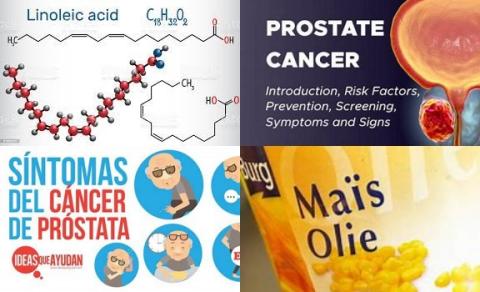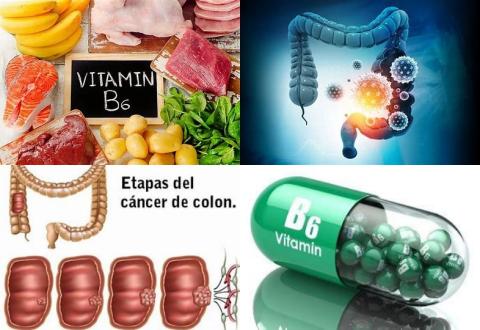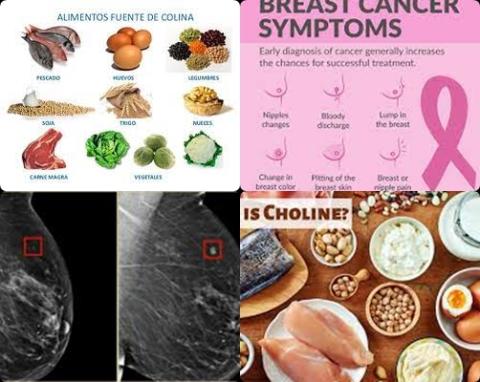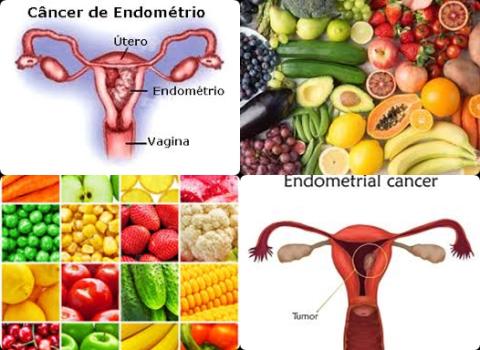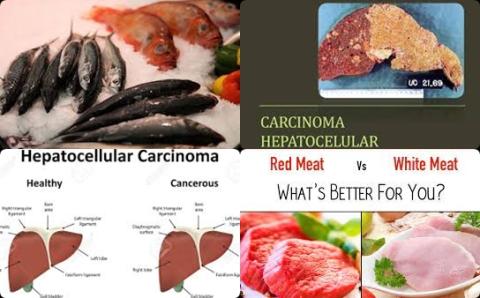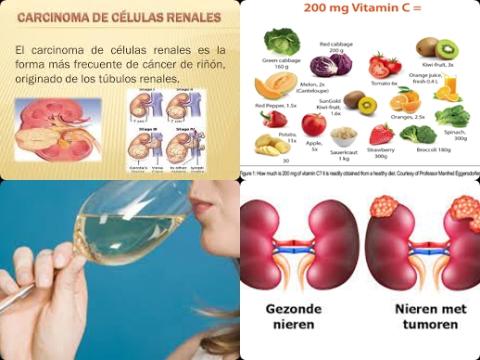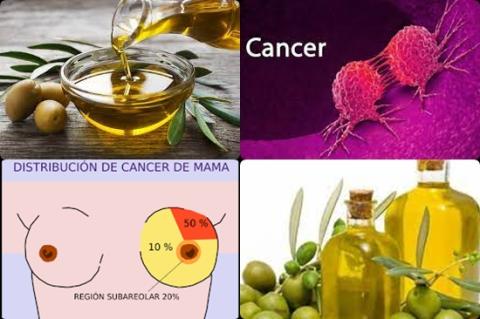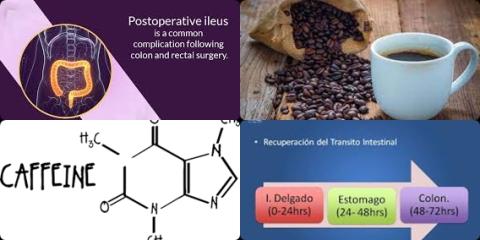10 mg/d isoflavone dietary intake reduce breast cancer
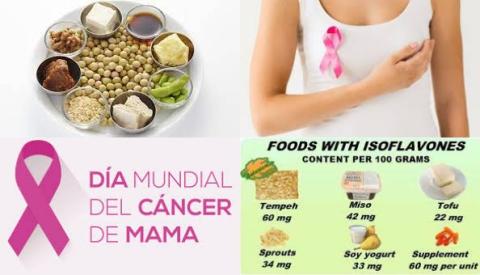
Objectives:
Epidemiological studies that focus on the relationship between dietary isoflavone intake and the risk of breast cancer still lead to inconsistent conclusions. Therefore, this review article has been conducted.
Does a high isoflavone dietary intake reduce risk of breast cancer among women?
Study design:
This review article included 7 cohort studies and 17 case-control studies with a total of 902,438 females.
The verification of breast cancer in these studies was based on either a cancer registry record or a histological diagnosis.
The exposure assessment of all included studies was based on a food frequency questionnaire (FFQ) via either face-to-face interviews or self-administrative questionnaires.
The publication biases were evaluated using Begg’s test and Egger’s test. The shape of the funnel plots showed asymmetry [p = 0.001] and the Egger’s test found virtual publication bias [p 0.001]. However, the trim-and-fill method failed to identify any potentially missing studies, indicating the publication bias did not affect the results.
Results and conclusions:
The investigators found in the meta-analysis a significantly reduced risk of 29% for breast cancer [summary OR = 0.71, 95% CI = 0.72 to 0.81, I2 = 82.6%] when comparing the highest to the lowest isoflavone dietary intake.
The result remained the same in sensitivity analysis.
The investigators found in subgroup analysis a statistically significant protective effect of 38% for isoflavone dietary intake on breast cancer in the case-control studies [OR = 0.62, 95% CI = 0.50 to 0.76], while no such effect was observed in the cohort studies [OR = 0.94, 95% CI = 0.86 to 1.02].
The investigators found in subgroup analysis a statistically significant protective effect of 38% for isoflavone dietary intake on breast cancer in Asian women [OR = 0.62, 95% CI = 0.52 to 0.74], while no such effect was observed in non-Asian women [OR = 0.97, 95% CI = 0.88 to 1.06].
The investigators found when the highest isoflavone dietary intake was lower than 10 mg/d, the negative relationship between isoflavone dietary intake and breast cancer disappeared [OR = 1.01, 95% CI = 0.94 to 1.08], whereas a statistically significant protective effect of 37% [OR = 0.63, 95% CI = 0.53 to 0.75] was found, when the highest isoflavone dietary intake was above 10 mg/d.
However, a statistically significant difference in the protective effect of isoflavone dietary intake on breast cancer was observed regardless of whether the women were pre- or postmenopausal and regardless of whether they were ER positive or negative.
The investigators concluded at least 10 mg/d isoflavone dietary intake is helpful in reducing breast cancer risk, particularly among Asian women.
Original title:
Isoflavone Consumption and Risk of Breast Cancer: An Updated Systematic Review with Meta-Analysis of Observational Studies by Yang J, Shen H, […], Qin Y.
Link:
https://www.ncbi.nlm.nih.gov/pmc/articles/PMC10224089/
Additional information of El Mondo:
Find more information/studies on isoflavone and breast cancer right here.
